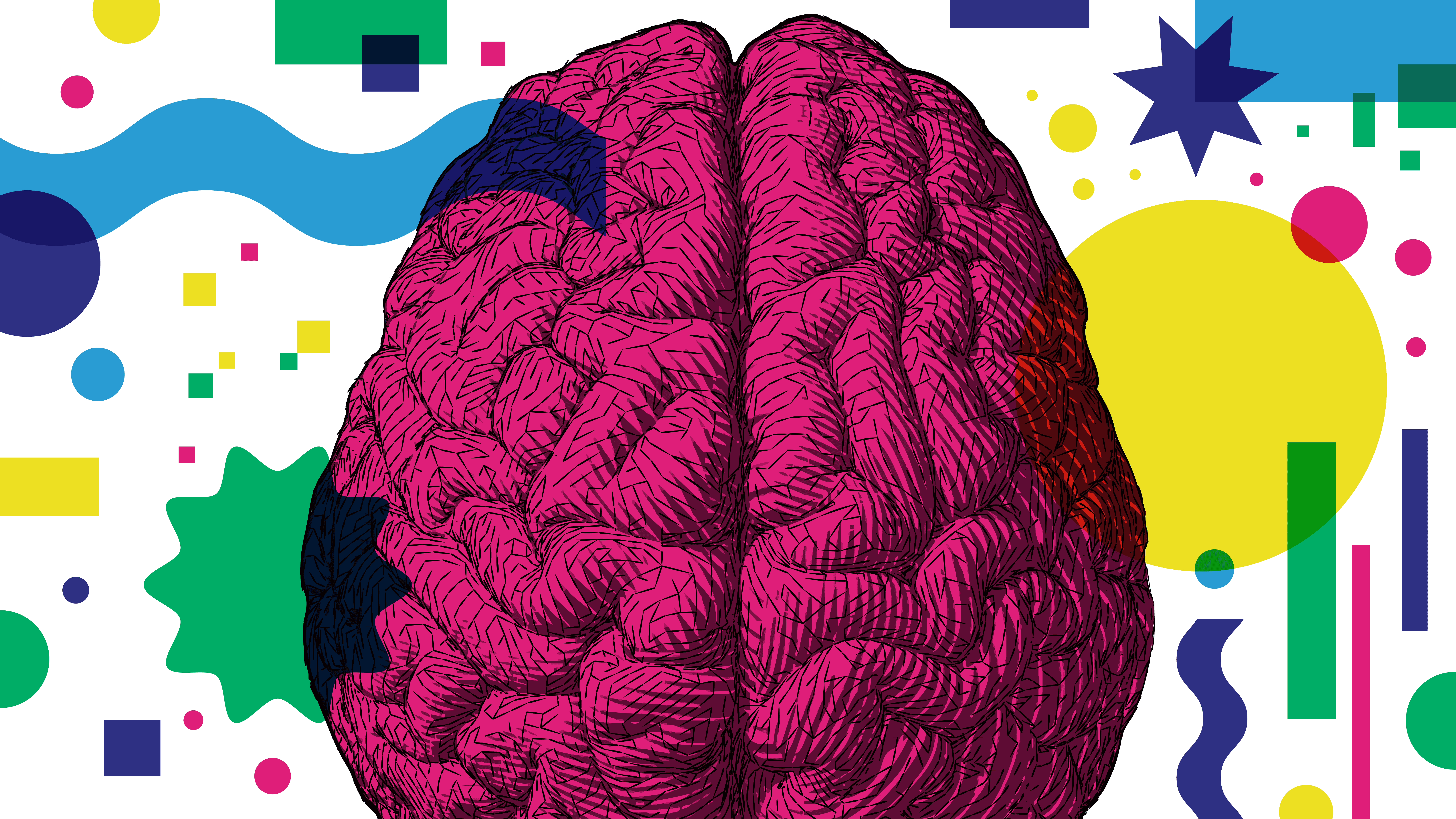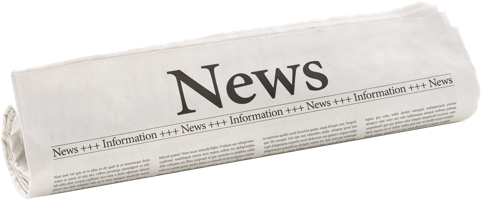
Image by Julianne Medenblik
One of my favorite things about 2A’s culture is all the different affinity groups that employees can join to share their interests and identities. Are you a bookworm? Join the Page Turners chat. Want to post adorable pics of your dog? Let’s see it in the Dog Parents chat. But one of the first that came about is particularly close to my heart: the Yellow Ball chat. Let me explain.
A few months into my first role here as a consultant for the marketing agency, I was struggling with aspects of the role related to my ADHD, such as auditory processing during meetings. I had only been diagnosed a few months before starting my job and was still learning how ADHD both aided and caused challenges for me at work. I realized I needed to ask for help. When I talked about it with Abby, one of 2A’s partners, she went beyond offering me tools and support. She connected me with our managing storyteller, Forsyth (after getting permission from both of us, of course), who has ADHD too.
Forsyth is an accomplished storyteller with decades of experience (and who also happens to be whip-smart). She can explain the difference between an em and an en dash, tell you all about large language models, and then immediately and seamlessly switch contexts to interview an executive about cloud technology. I was thrilled to find support from someone else with ADHD whose career I admired—and even more excited when she suggested we meet every other week. Our meetings became wonderful opportunities to talk about our work, career successes and setbacks, and joke about our everyday ADHD challenges.
A few months later, Forsyth and I decided we wanted to share our perspective on working with ADHD with the broader team. As part of 2A’s Diversity Resource Roundtable series, we talked about our own experiences living and working with ADHD and educated our peers on the nature and hurdles of this neurodivergence.* Sharing my story was uncomfortable at times (I even got a little teary eyed), but it felt freeing and powerful to reveal this key part of my identity at work. We also took this as an opportunity to make our group official and open it up to anyone else at 2A who identifies as neurodivergent.
Turns out, there’s a lot of neurodivergent people at 2A! And to be honest, it makes perfect sense. 2A hires people who are creative, generous, and passionate about what they do—traits that go hand-in-hand with neurodivergence.
We gave ourselves an official name—the “Yellow Ball Chat”—based on one of our member’s proclivity for bouncing a yellow ball to keep her mind engaged during our meetings. We have a Teams chat where we share challenges, successes, and memes, and we meet every other week. Now, when new people onboard at 2A, they are invited to join the group, which is among a dozen identity-based or common-interest chats employees can opt in to.
While there are a lot of benefits to being part of the group, like sharing tips and tricks that work well for our brains, for me the most powerful part is the feeling of community. I love having a group of people I can reach out to when I’m feeling frustrated who just “get it,” and can share their own similar experiences. It’s also inspiring to be part of a group of neurodivergent people in different career stages and disciplines, all of whom have completely different lives, to see the amazing trajectories neurodivergent people can take at work and at home.
While not everyone works somewhere as supportive of neurodivergence as 2A, I highly recommend finding a community outside of work or school to the neurodivergent people in my life, such as support groups provided by the Association for Autism and Neurodiversity and the Attention Deficit Disorder Association.
As 2A keeps growing, I’m looking forward to welcoming more neurodivergent folks to our Yellow Ball Chat. Not only do I learn so much from every new member that joins, but it’s also a great chance to learn how we can keep making our company a welcoming and supportive place for people with neurodivergent brains.
*A term that describes people who have neurological differences like ADHD, autism, and dyslexia.

